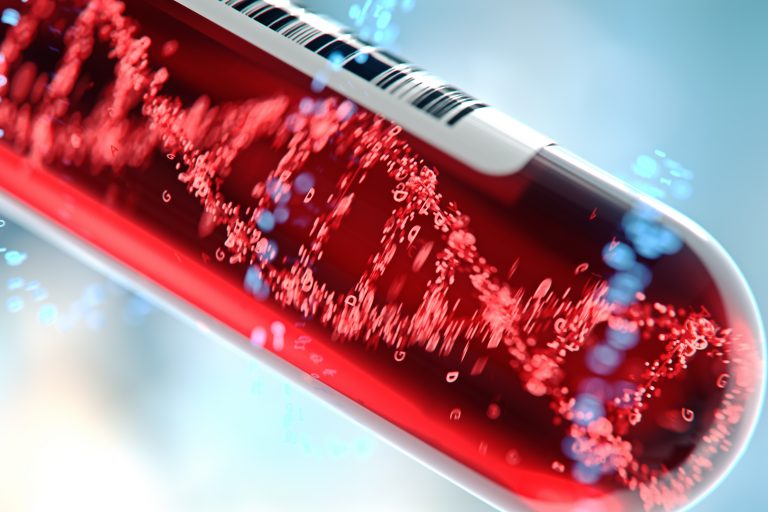Yes! You can perform a Maternity DNA testing for immigration purposes, in order to proof a biological relationship. On this post you will find all the information you need about this process and how a Maternity DNA test will help you.
Performing a Maternity DNA test
Maternity DNA Testing for Immigration is made possible by the ability to verify a biological relationship between two or more alleged sons or daughters, with extreme accuracy.
The U.S. immigration organism require a Maternity DNA Testing if no other credible, documented proof of the relationship exists. This includes birth certificates, photographs, school records, etc.
The legal maternity test is intended for court use and is accepted as definitive legal proof of maternity or non-maternity in courts throughout U.S.

Maternity DNA Immigration testing may allow you to obtain
- Immigrant visa (IV)
- U.S. citizenship petitions
- Applications for U.S. passports
- Consular Reports of Birth Abroad (CRBA)
- Establishment of a family relationship to qualify an applicant for an immigration benefit
Along with, the U.S. Department of State or USCIS may require a maternity DNA testing to prove that the claimed relationship exists. This occurs when a documented proof is not available.
Current U.S. Department of State guidelines require that any DNA testing for immigration purposes (including immigrant visa, citizenship and passport applications) MUST be processed by an AABB-Accredited Laboratory.
Choosing a AABB facility for your maternity test
Moreover, for the purposes of U.S. immigration, it is necessary to choose an AABB accredited laboratory. The lab should be approved by the U.S Department of State and USCIS to provide DNA testing for U.S. Immigration.
Maternity test for U.S. citizenship
In order to transmit a U.S. citizenship at birth to a child born abroad, the U.S. citizen parents must establish a biological relationship.
According to this, genetic testing helps verify a biological, but not gestational, relationship. This when it isn’t sufficient evidence to establish such a relationship. In order to claim arising U.S citizenship from birth abroad, this are the relationships that you can use for prove it.:
- Father-child
- Mother-child
- Child and full brother or sister
- Child and half brother or sister
- Relationships between a child and a paternal aunt, uncle or grandparent.
Additional proofs for an immigration process

In that sense, courts only accepts maternity and paternity DNA testing, as the only biological testing methods to establish a relationship.
Besides, due to high costs and logistical delays, generally they use a DNA testing only in the absence of documentation, photos and other evidence that proves biological relationship.
When the organism needs additional evidence of a biological relationship we suggest that applicants for a U.S. passport, Consular Report of Birth Abroad (CRBA) or immigrant visa do a DNA testing.
As well as that, perform a DNA test its completely voluntary. This means that the applicant must pay all costs for testing and related expenses. In addition, DNA sample collection and testing does not guarantee issuance of a U.S. passport, CRBA, or immigrant visa.
When you should use a maternity immigration DNA test?
When you need to legally authenticate your family to aid them in obtaining a visa and eventually citizenship. At this time, the laboratory submit the results to the immigration authorities.
It is very important that you choose a laboratory, that is accredited by the American Association of Blood Banks (AABB), in order to have court-admissible results.
Final thoughts
Immigration DNA tests (for visas) verify or deny family ties between a U.S. immigration applicant and the beneficiary. It is difficult to predict exactly how long it will take for your visa to obtain a result from your DNA test. Each case is independent and particular. Always keep in mind to comply with the guidelines to have a positive result.
If you need more information, do not hesitate to visit our website to learn about our services for visas and DNA tests.

